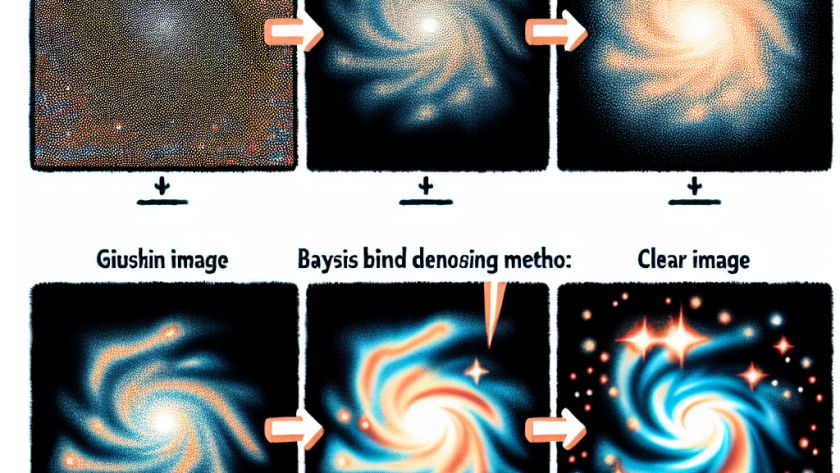Large Language Models (LLMs) are typically trained on large swaths of data and demonstrate effective natural language understanding and generation. Unfortunately, they can often fail to perform well in specialized domains due to shifts in vocabulary and context. Seeing this deficit, researchers from NASA and IBM have collaborated to develop a model that covers multidisciplinary…












